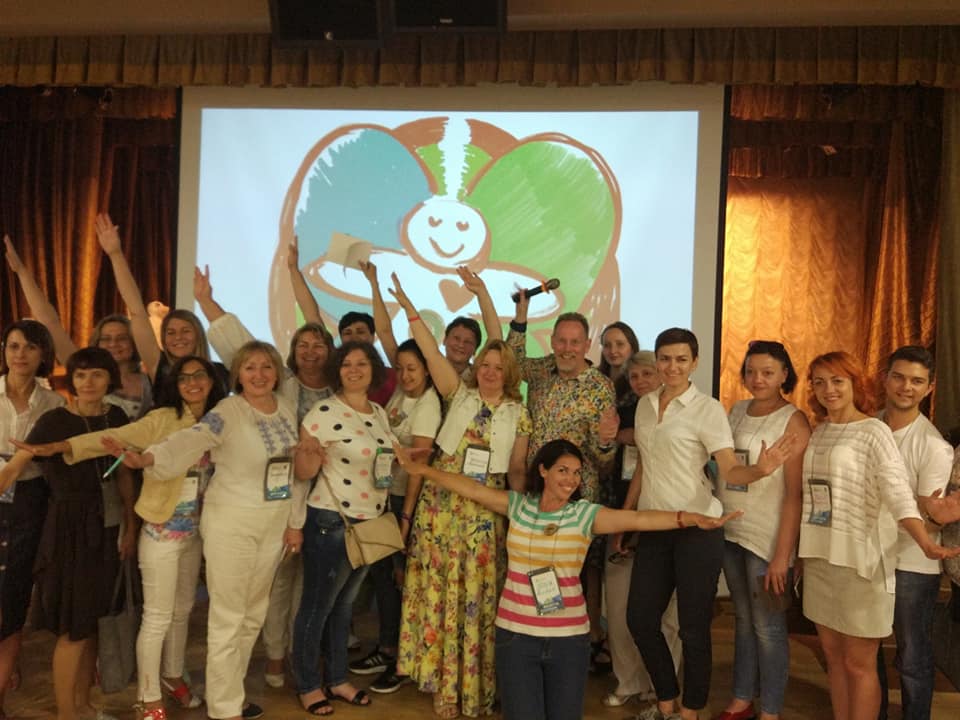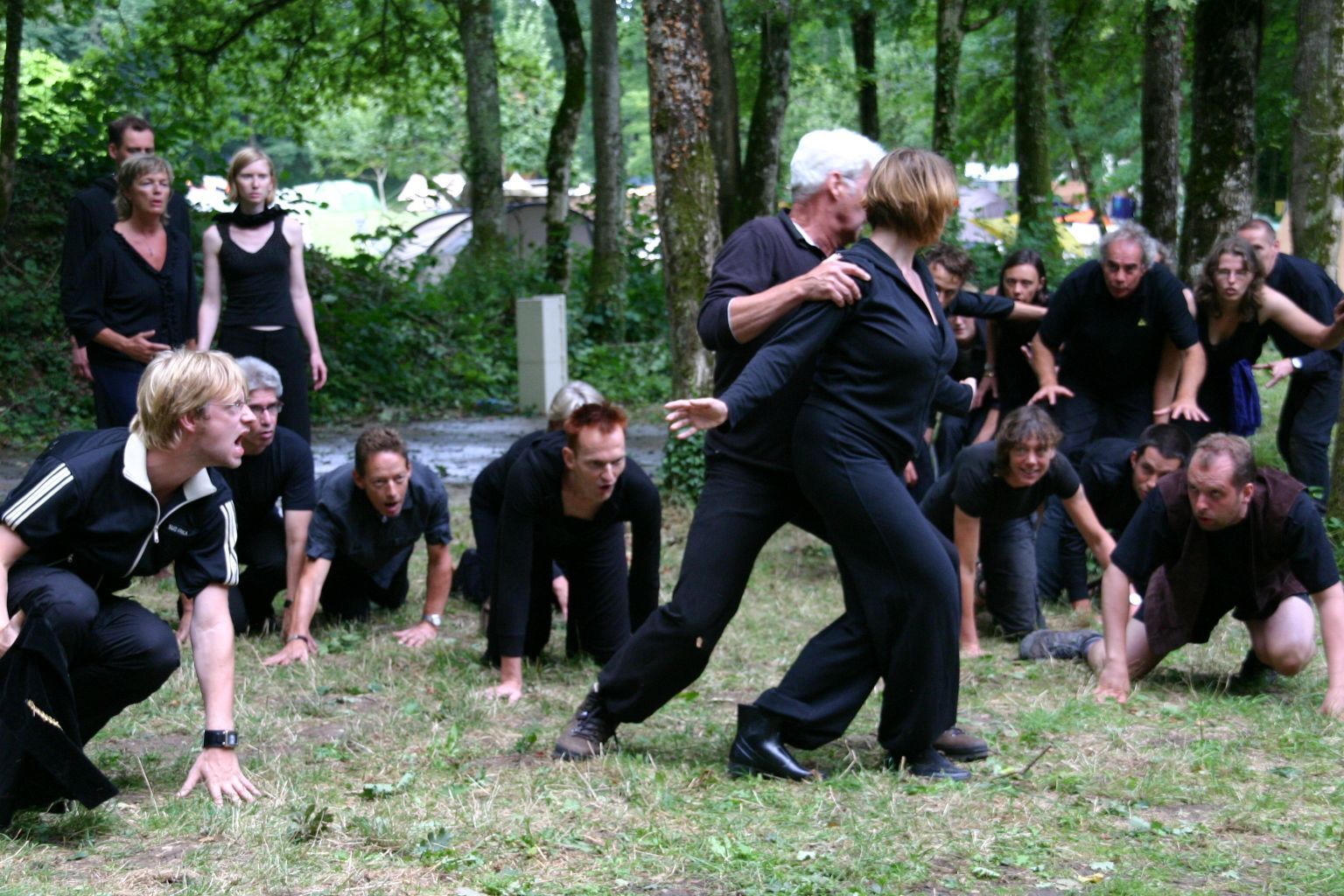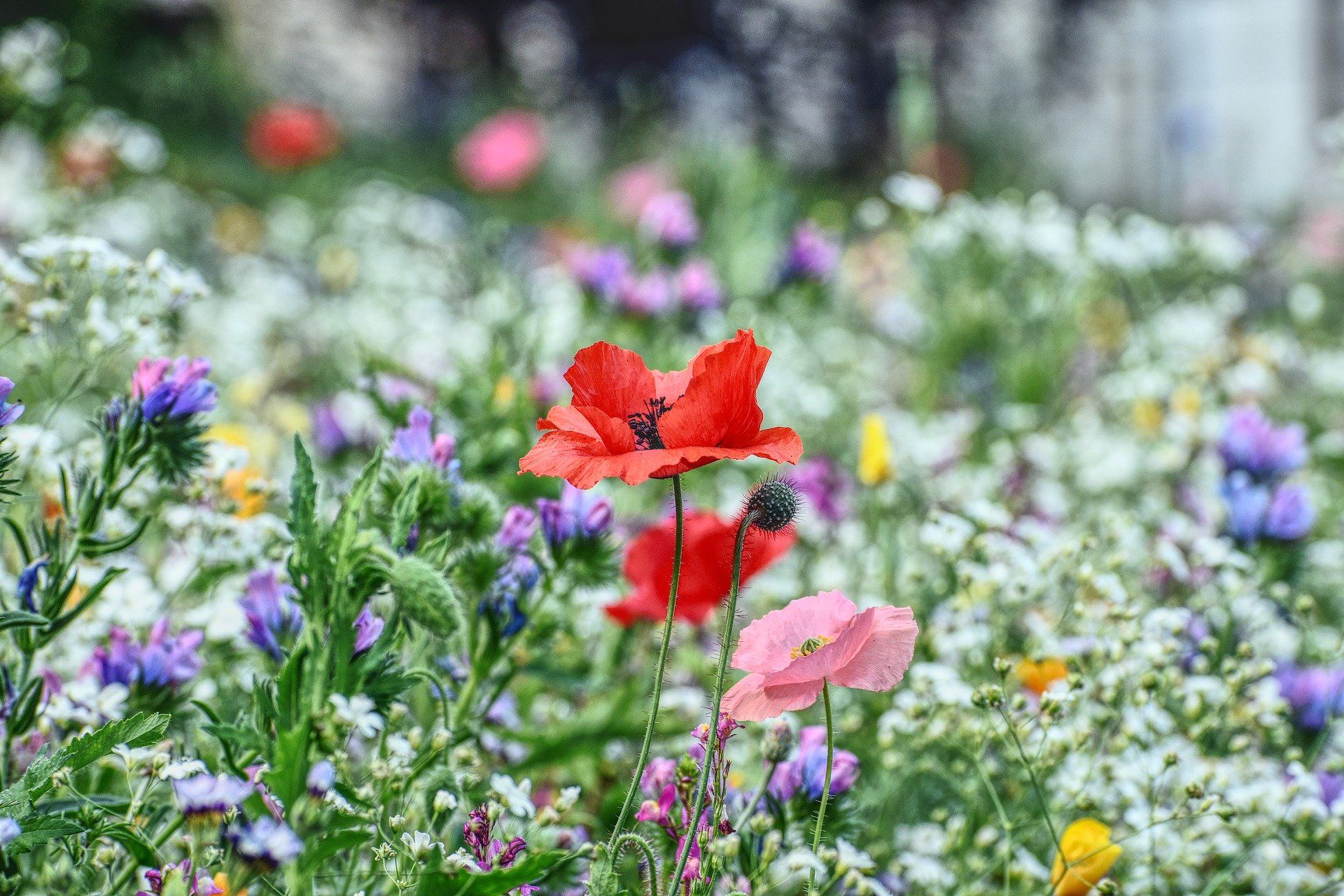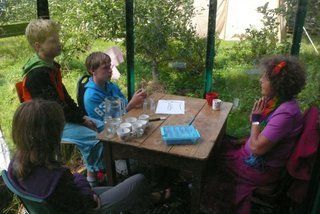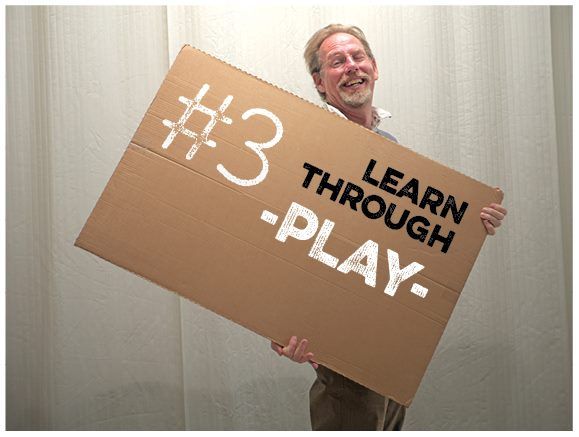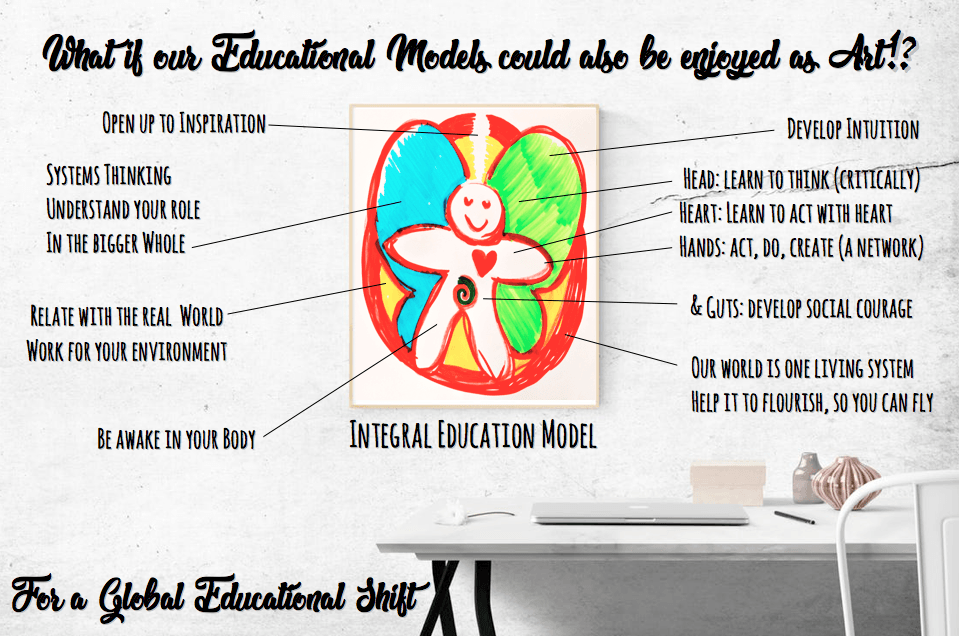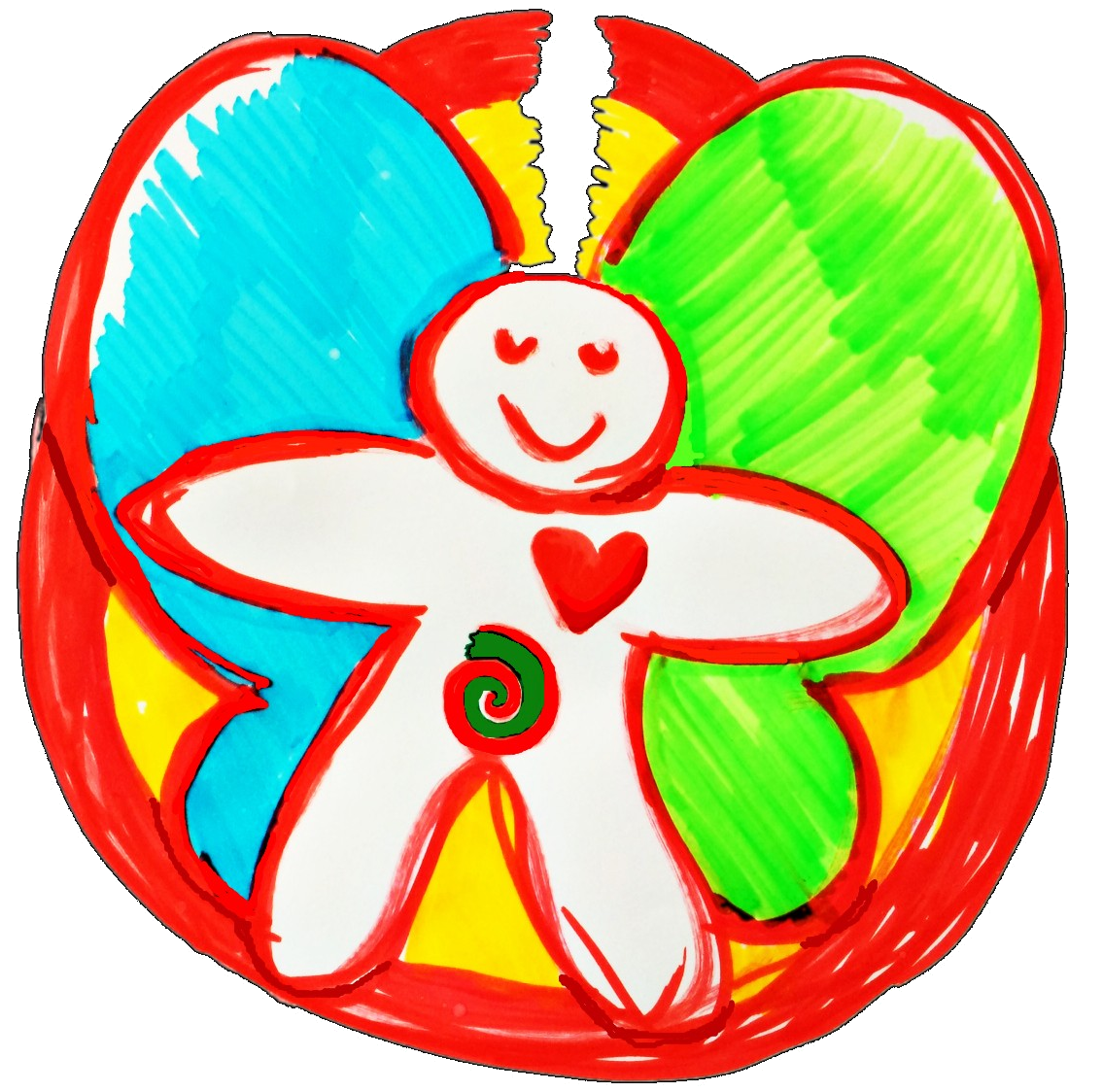What?
What?
What is happening?
What issues can I best focus on?
What is our best possible response
to the global issues we are part of?
What can we do to contribute in a way that helps us making a difference and get rewarded for it?
What is my purpose, reason of being?
What makes me come alive?
What is happening?
What issues can I best focus on?
What is our best possible response
to the global issues we are part of?
What can we do to contribute in a way that helps us making a difference and get rewarded for it?
What is my purpose, reason of being?
What makes me come alive?
A sad thing in this world is that so many people lack meaning, feel caught in dead end jobs, worry about the future, wonder what they can do. Many of them face depression, burnout, anger and or fear. Equally sad is the lack of action by most governments
and corporations as many seem to invest more in avoiding change, than in making a constructive difference. So what can we do?
To me it is clear, that no education is complete when it doesn't offer an inspirational dance between what is happening and what role I can play best.
To feel alive in these times in need of both urgent intervention and perhaps less action at the same time can be both frightening as exiting. To feel you are not alone, to build a community and grow personal and collective agency is what many need. That's why we feel that an educational approach doing exactly that is an essential step ahead...
without claiming we have the answers on the how to do that exactly.
Yet perhaps in rediscovering the wheel, we grow the capability to respond to what is coming.
Why?
Why?
Why a new 'school'?
Why does the world need this initiative?
Why are we offering what we offer?
Why should you care?
Why should you join?
Why Flourish & Fly? Why this educational approach? This initiative is the result of a long journey. It is because I saw many schools repeating the same systemic approach. The main message is: "We know, you don't, so we tell you..".
Nowadays all information we seek is available on the internet. Yet how to deal with that knowledge, how to shift from knowing to insight to wisdom is often lacking. Also lacking is play, is building a sense of community, is training the courage to self express. In fact many of these aspects are trained, but mainly within corporations in service of these corporations. But where is critical thinking? Where is questioning the ruling paradigms? Where is finding out what ideas and answers live within you? And which eduction would dare to teach rebellion, let alone activism?
It's clear that years of being tested creates young professionals whose main focus is, to second guess the expected right answers, all in order to please their employers. What we need is education that inspires, that challenges, that wonders and that trains you to find your gifts and your best expression for them in the world.
And whaddoyouknow? Almost always is there a place where those gifts, those answers, those views are welcomed and rewarded. And it helps young people to fluidly shift into new roles, and new ideas as the context in which they function changes. And how much more wonderful would it be, if we could make such discoveries together? If they would support a living flourishing world in which you feel you matter, you feel alive and feel you can fly.
Changing Paradigms
Discoveries I have made through social experiments and I see reflected in many modern thoughts are:
Swarms of people using collective intelligence can be very powerful ways to solve problems together. Without leaders, people can when acting on solid principles act very fast and adaptive to new situations. We often see this rise in natural disasters, before regular help arrives. The principles are to act in a very cooperative and supportive way, to accept diversity, to embrace initiatives by individuals, and build on trust, rather than enforce control mechanisms.
Play is how nature invented learning. When people like Einstein call play 'the highest form of learning' and schools diminish the space to play each year a student advances you know mistakes are being made. Hence by opening the space to play again, to make art we may lose control of what exactly is being learned, but we do know, integral learning on many levels at the same time is being sped up.
Young people have more wisdom than we dare to accept. When I invented, as a kind of joke, the Counter for Life Questions, where children would help adults with their questions, I was stunned by the results. And then I started to remember all the things I had learned and seen as a child but couldn't express, wasn't believed, let alone being taken serious about. Yet when young people cry about nature, we must consider that they might be right. It's us who are mad and unrealistic in not acting to save what is left.
School curriculums are blind to people who don't fit their box. They are called stupid, a disturbance, loser, not serious enough to 'commit to the system' as it is. However many of the 'out of the box' people are more sensitive, creative, wise than schools there to credit them for. Many teachers live in the anxiety that they must bring students up to certain scores. What if we started looking for how each of us blossoms differently?
